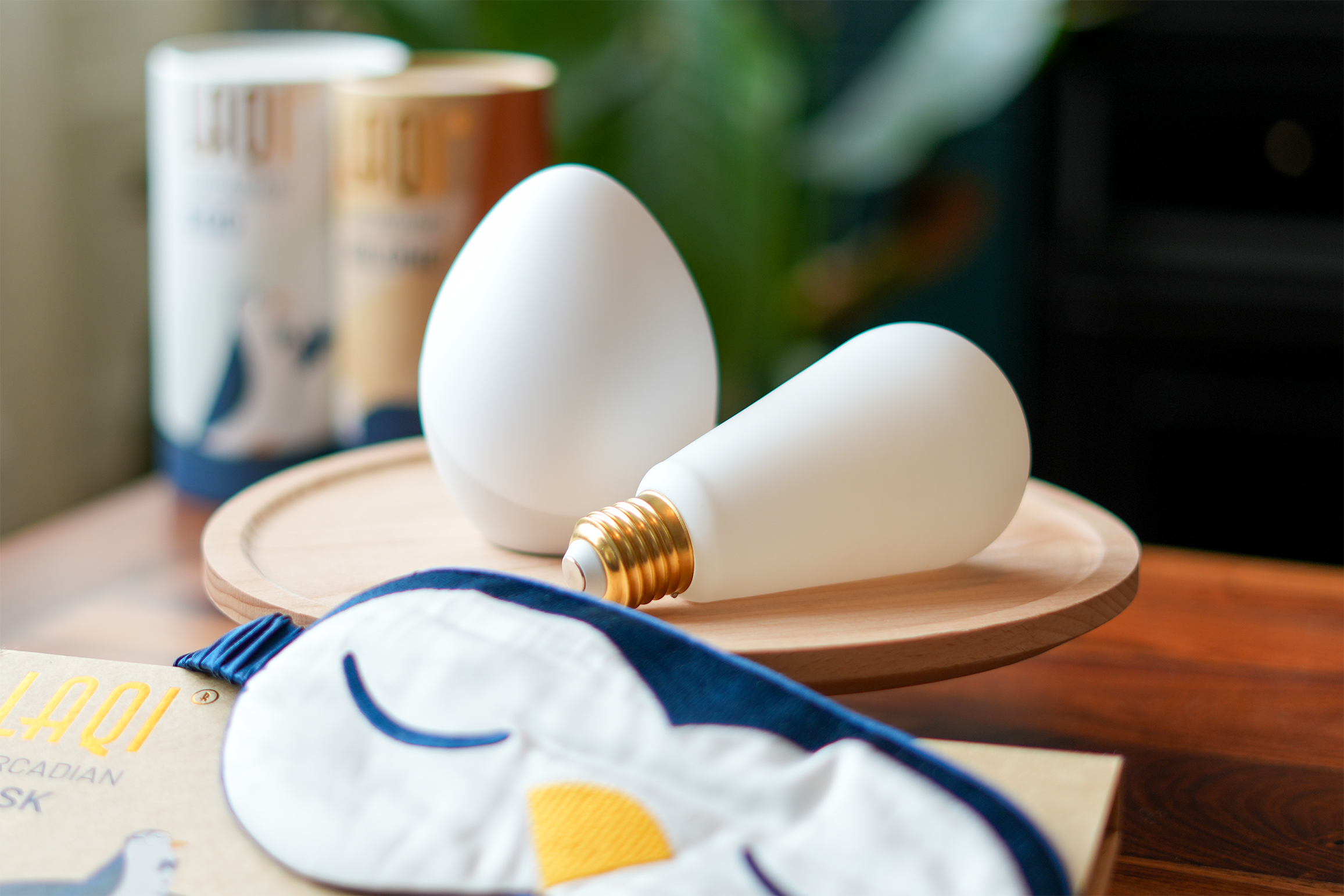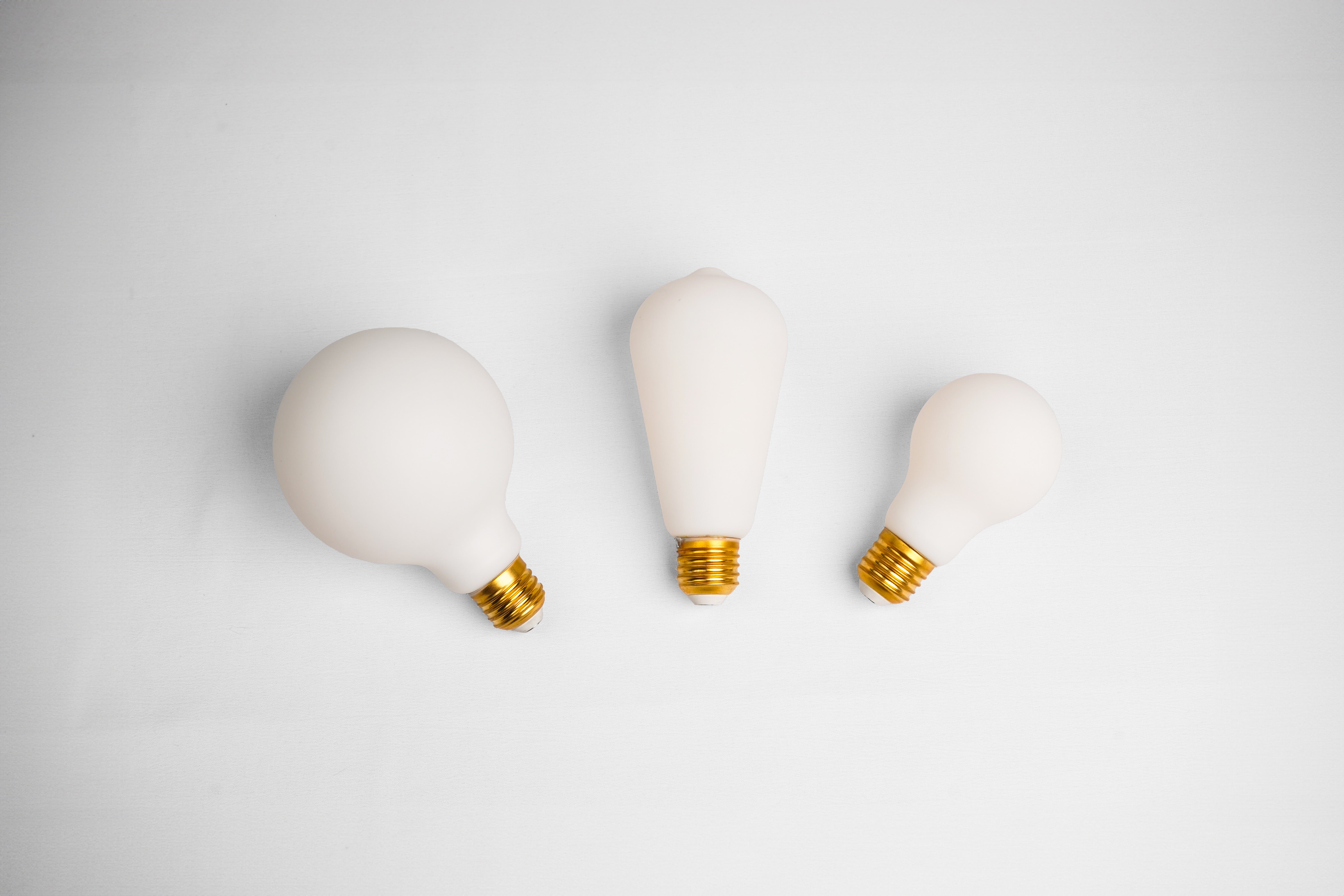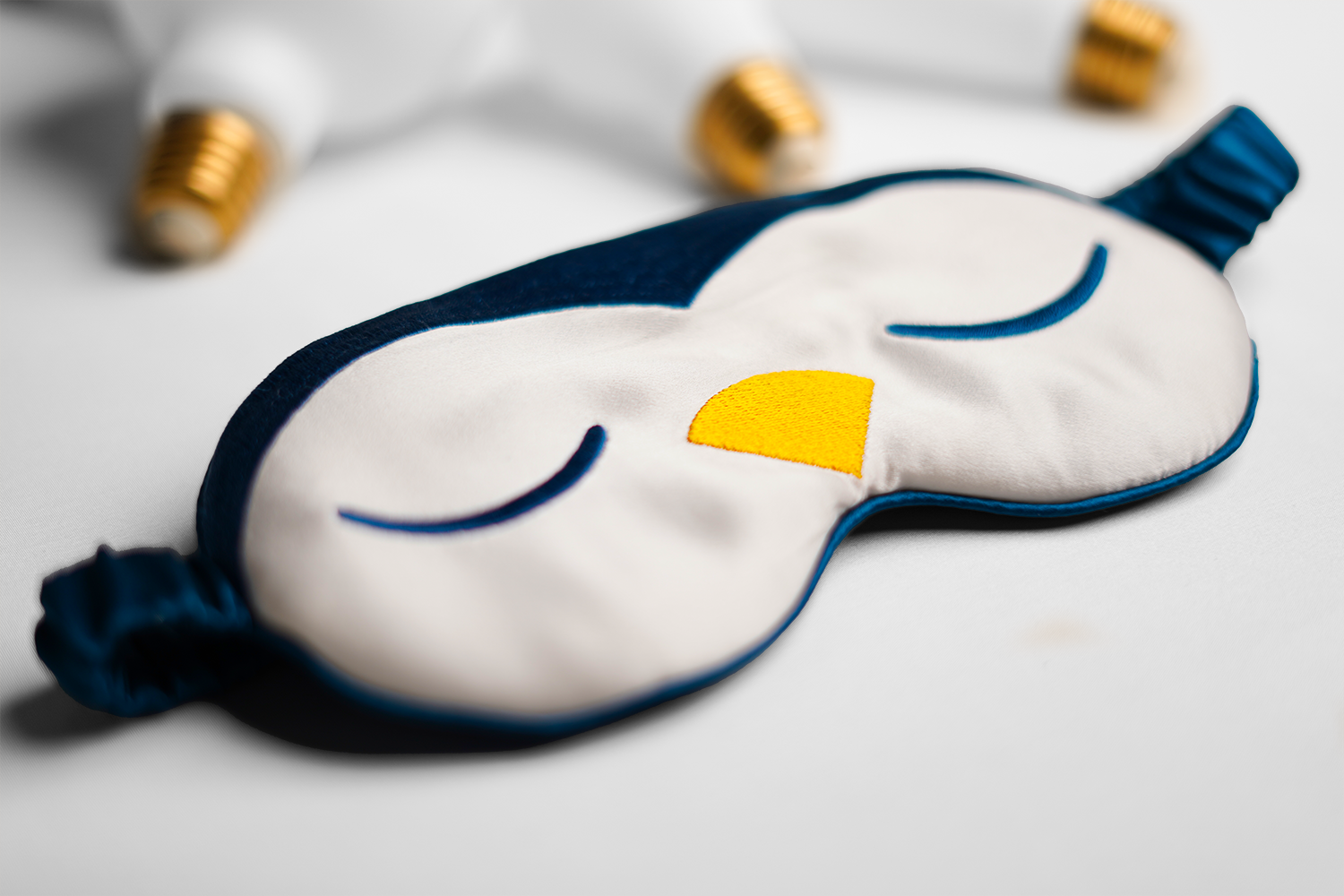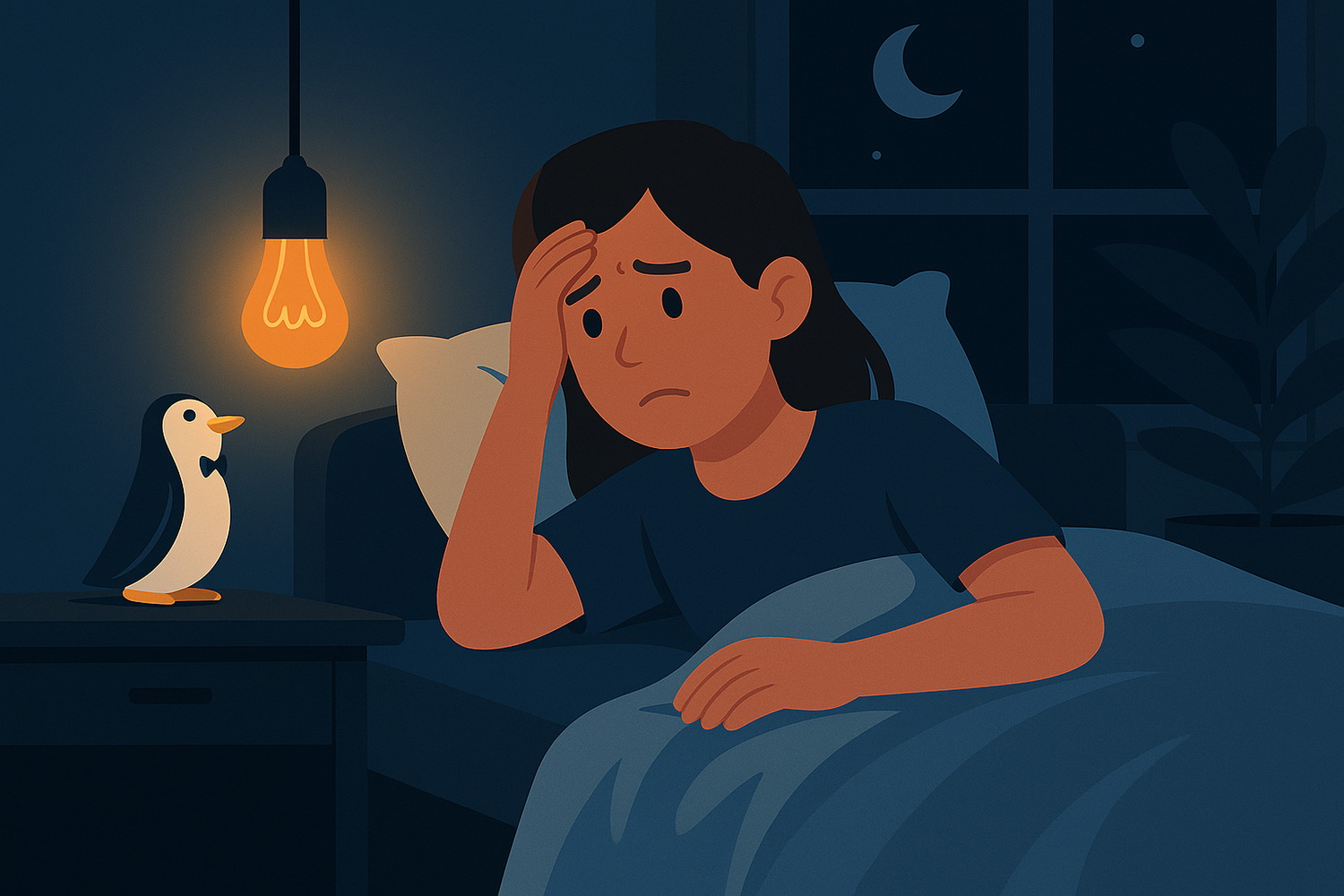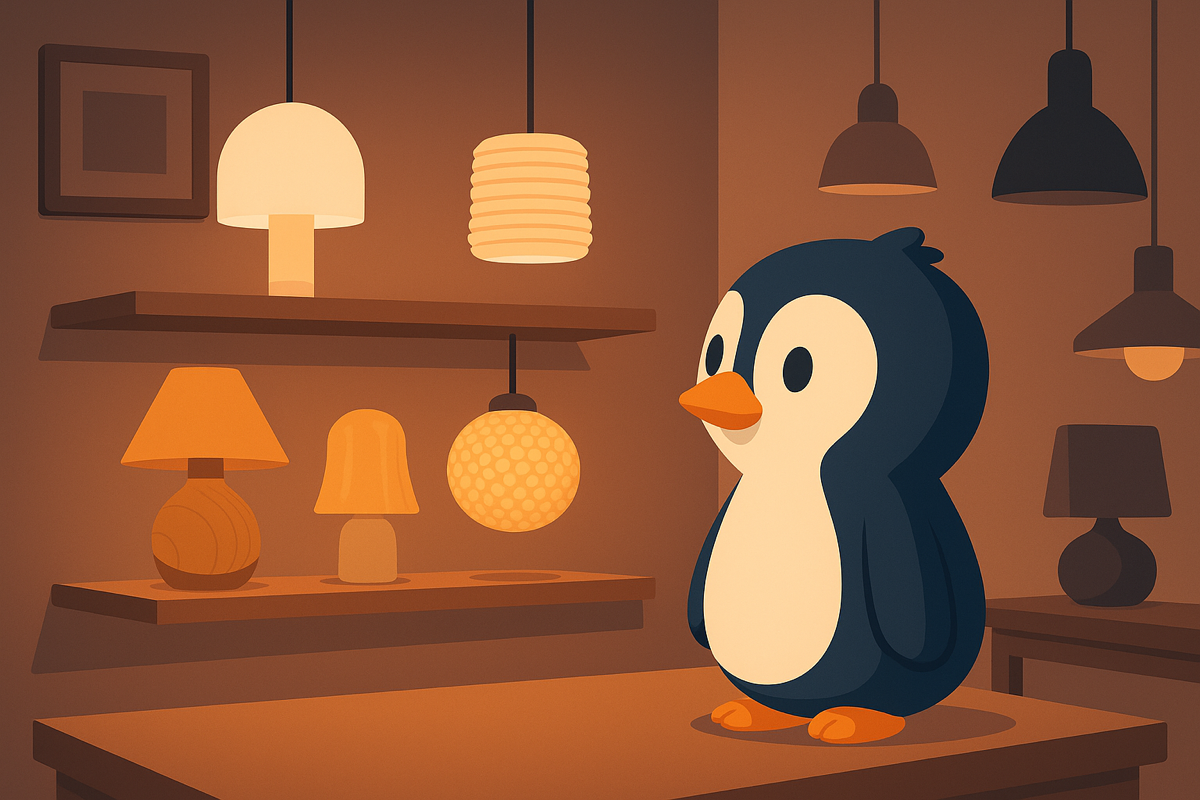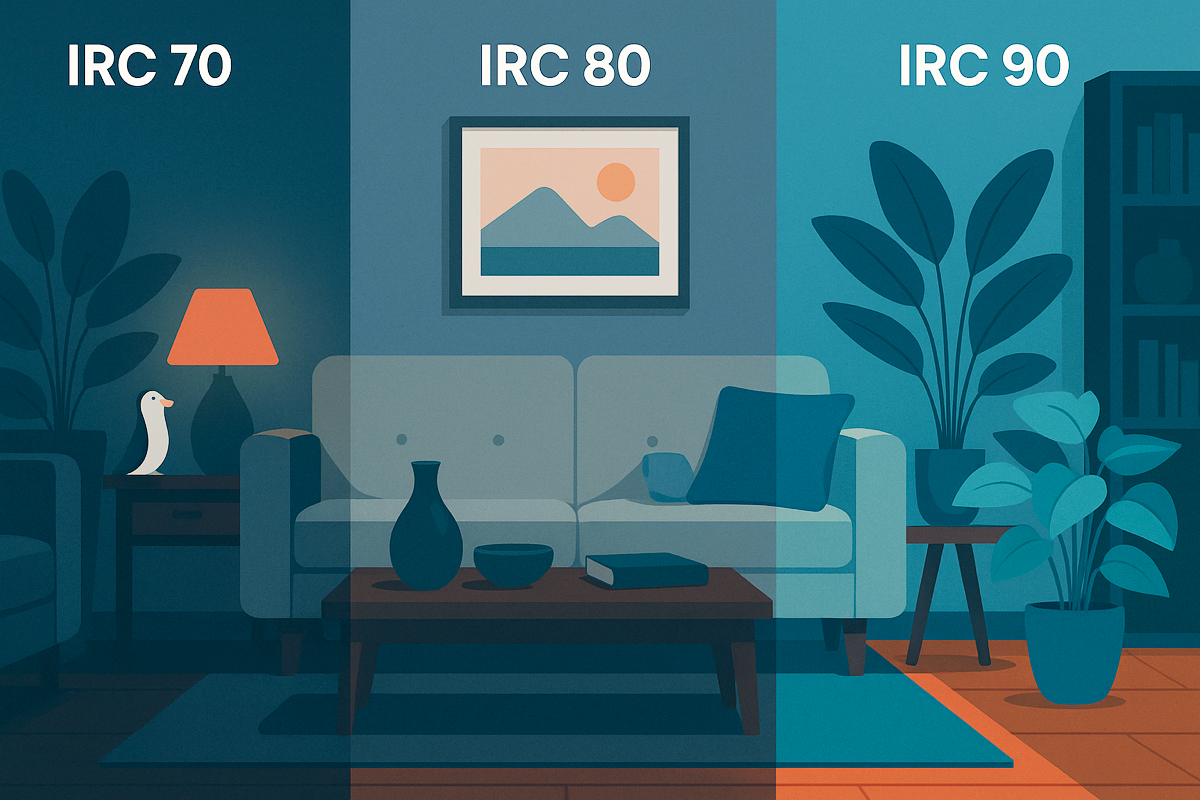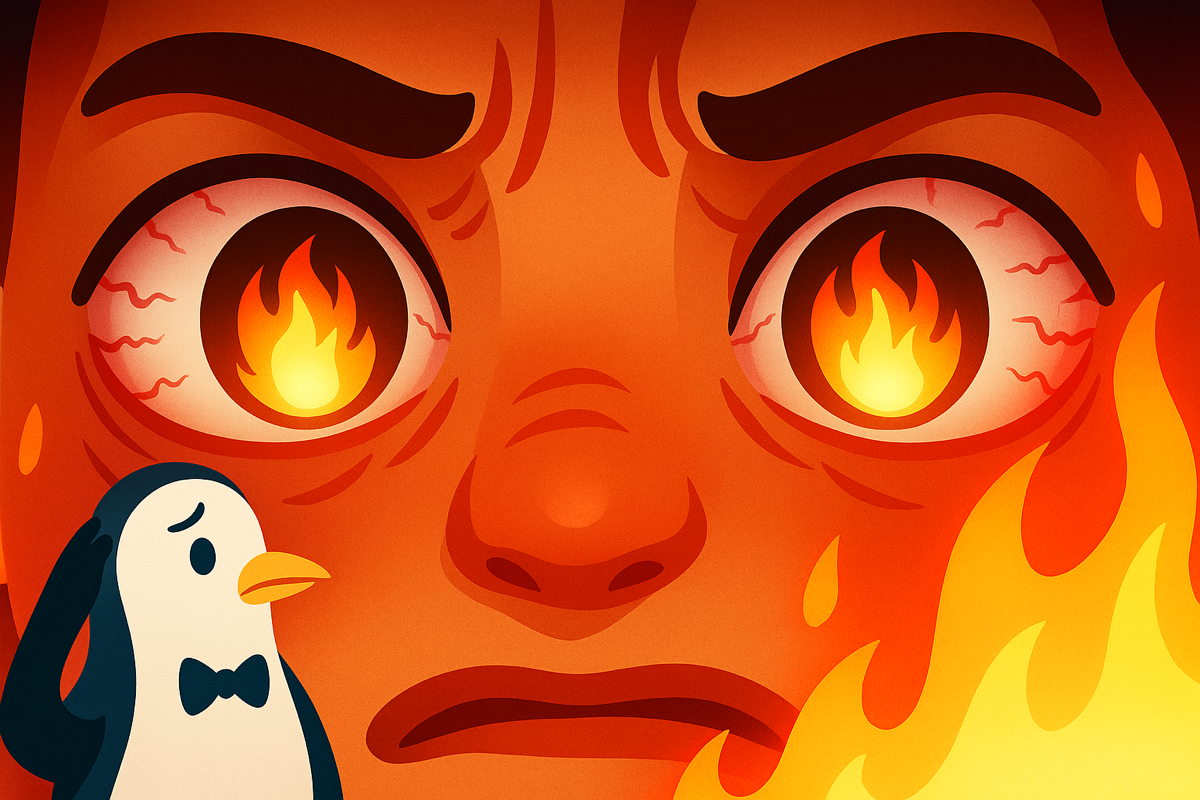In short:
We often think that stress is the sole culprit behind our insomnia. But light—especially artificial light—plays a much more insidious role. In this article, we'll help you identify the real triggers, understand how they interact, and, most importantly, regain control of your nights.
Reading time: 7 min.
📌 Summary
Stress, the ideal false culprit?
Stress and insomnia are often associated. And rightly so: anxiety, racing thoughts, and a rapid heart rate. However, this isn't always the primary trigger.
Insomnia is often attributed to stress... because we don't think about anything else. But if this stress is chronic, why do we only sleep poorly on certain nights?
We need to look at the environment: light, screens, habits. Stress is a factor, but rarely an isolated one.
Poorly adjusted light prevents you from sleeping
Blue light stimulates alertness. It blocks melatonin, the hormone that triggers sleep. And it's omnipresent: phones, cool LED lamps, screens.
A simple 300 lux ceiling light can keep your brain in daytime mode, even at 10 p.m. Your biology is fooled. The result: delayed sleep onset and a disturbed night.
And unlike stress, this factor is *invisible*. We don't feel its effect immediately, but it has a profound effect.
The stress-light duo: an insomnia cocktail
Stress delays sleep. Poorly calibrated light completely cancels it out. Together, they seriously disrupt your circadian cycle.
The brain, exposed to too much cold light in the evening, no longer knows that it's time to sleep. Stress then takes over: you ruminate, your heart rate increases.
Often, it's not one or the other—it's both. And acting on one alone isn't enough: you have to recalibrate both the body and the environment.
How to regain control?
Good news: light is a lever over which you have immediate control. Here are two simple actions:
- Use warm (< 2700 K) and dim (< 50 lux) light as soon as night falls.
- Expose yourself to natural or strong light as soon as you wake up (at least 1000 lux).
Laqi bulbs do this work for you, automatically adjusting their intensity and temperature according to the time of day and season. They reduce mental strain and allow for a more natural, deeper sleep.
💡 Discover the Laqi Starter Kits
💬 FAQ
Can I continue to watch a screen in the evening?
Yes, if the ambient light is properly adjusted. Use warm, dim lighting and activate night mode on your screens.
Does warm light really relax?
Yes. It promotes the secretion of melatonin. Conversely, blue or cold light stimulates the brain.
Is changing my light bulbs enough?
This is a good start. But combine it with regular wake-up times and morning exposure to natural light.
Your body isn't insomniac. It's poorly lit.
Reduce sources of stress when you can. But start with the simplest: change the lighting. Your biology will do the rest.
